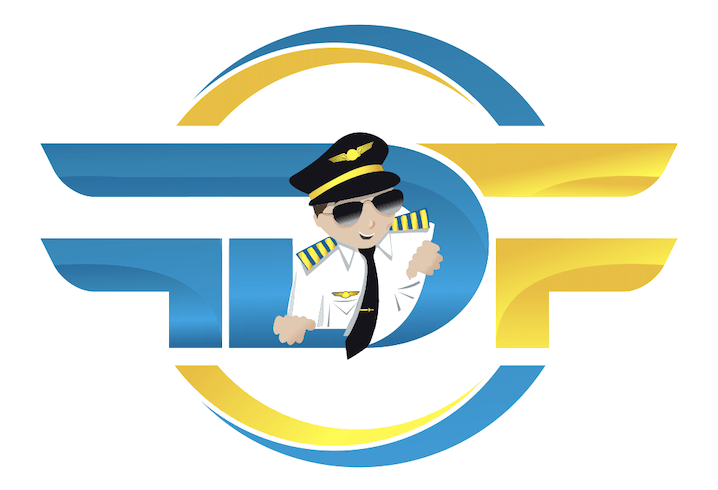Swiss debuts Bombardier CS100 into London City Airport
Swiss has begun flying Bombardier CS100 aircraft from London City Airport.
The aircraft, which seats 125 passengers in a two-class configuration of economy and business, is the largest aircraft using London City and received clearance for the “steep approach” – 5.5 degrees required for London City instead of the more normal three degrees, in July 2017.
The approval is complex as the aircraft has to demonstrate firstly the ability to fly a 5.5 degree glidepath which will require increased drag to prevent airspeed runaway whilst also maintaining a relatively high thrust on position to enable the spool up for thrust in the event of a go-around at short notice.
The airline would also have to conduct extensive research on take off and landing performance especially when the runway is wet. Landing distance available is a mere 1300m and TORA is just under 1200m.
The airline will also have to comply with extremely strict noise regulations at the airport meaning if full thrust is required they are likely to exceed the noise restrictions which is evaluated on an average basis. With the distances Swiss will be flying, full thrust should not be required very often, perhaps on wet, warm days with little or no headwind.
